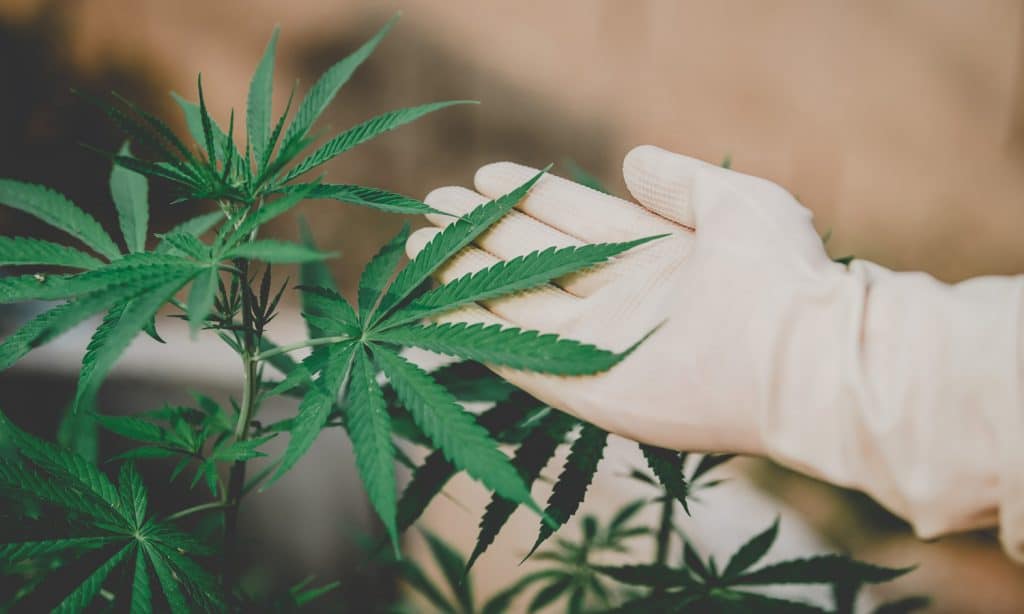The adult-use cannabis market in Illinois is booming. Illinois has sold about $300 million worth of cannabis products since the adult-use market opened in January. The state hit record-breaking sales once again in July and is expected to continue on an upwards curve as the market grows and stabilizes.
A lot of Illinois’ sales can be attributed to COVID-19. Dispensaries were declared essential businesses and remained open during America’s closing period over March and April. The Illinois adult-use cannabis market continues to set records, and has since May. The Chicago Tribune reported July’s sales as a 75% increase over February, the lowest reported sales at $34.8 million. Many cannabis brands reported their customers to be using more cannabis products than normal due to their heightened stress levels during the pandemic and other issues happening in the United States during this time.
Adult-use cannabis went into law in Illinois on June 25th, 2019 when it received Governor Jay Pritzker’s signature. It was the 11th state in the US to legalize cannabis for recreational purposes and the first to do so via legislative action. The bill passed 66-47 after being revised to a slightly more restrictive version.
Adult-use sales began on January 1st, 2020. The state reported sales to reach $110 million from the sale of 2.6 million cannabis items in the first three months of operation, with $3.6 million of that being on the first day. The data confirms roughly 75% of that spending to be coming from residents of Illinois. The Illinois adult-use market is predicted to experience enormous growth – with sales expected to surpass $1 billion in sales in 2025. According to the Illinois Department of Financial and Professional Regulation, the state sold $60,956,981.41 worth of cannabis products and 1,270,063 cannabis items.
Linda Marsicano is the Vice President of Corporate Communications for Green Thumb Industries (OTC:GTBIF). Green Thumb Industries has eight cannabis retail stores in Illinois. She told Green Market Report, “After record-breaking sales in June of $47.6 million, Illinois adult-use cannabis sales increased by more than 25% month-over-month to $60.9 million in July. Throughout the ongoing COVID-19 crisis, the cannabis industry has successfully pivoted and continued to safely operate as an essential service. We continue to see strong demand for adult-use cannabis, an increase in supply as operators ramp up capacity and new store openings throughout the state. We look forward to the next chapter for Illinois’ cannabis industry with the award of social equity licenses in the near future.”
Copyright
© 420 Intel




